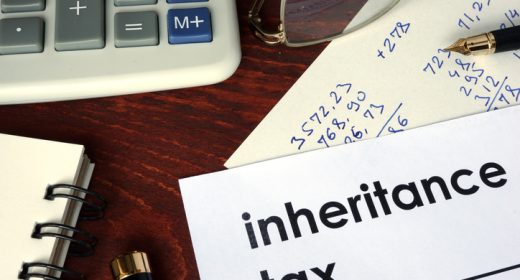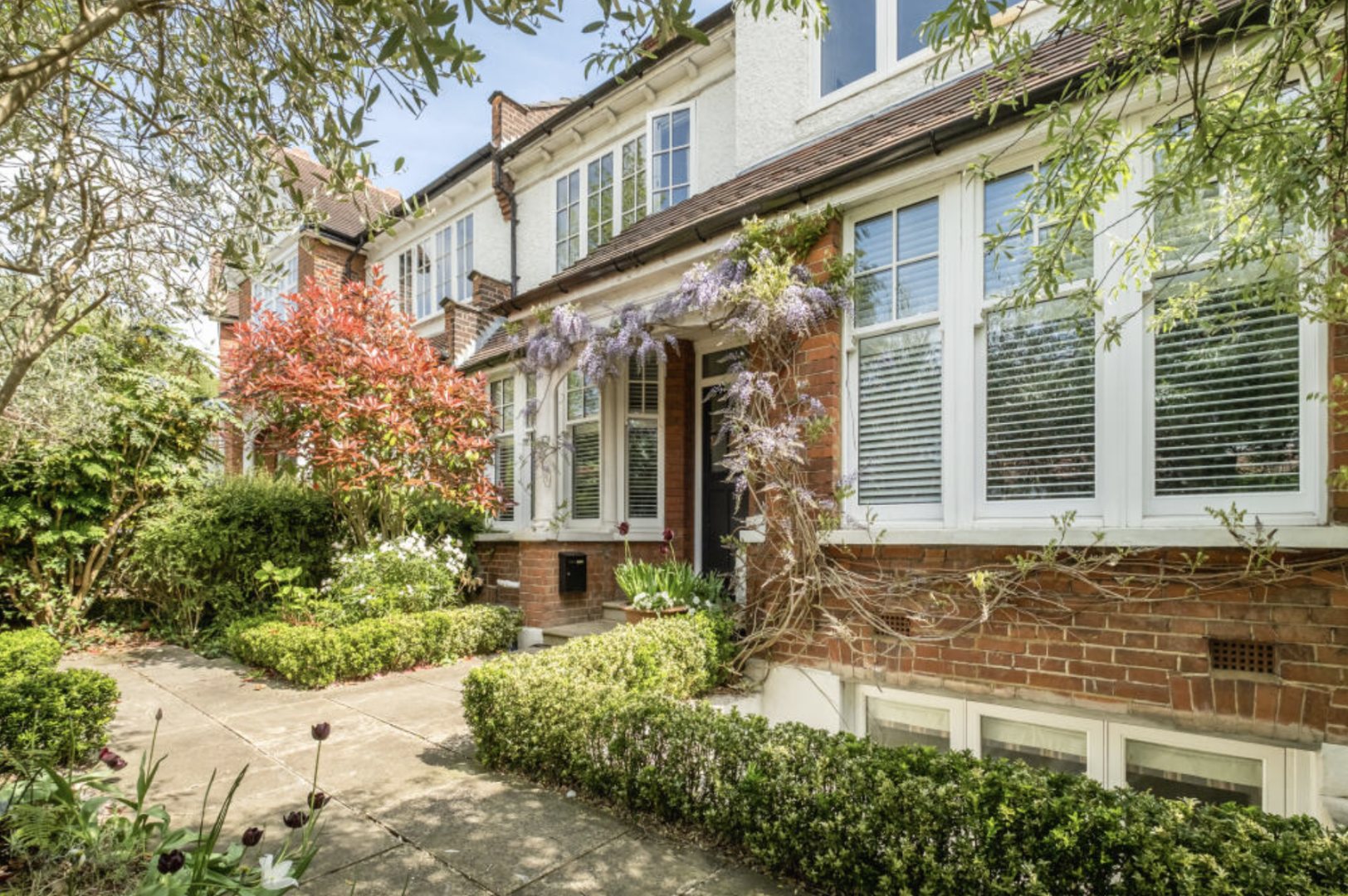How to keep on top of inheritance tax
With property prices increasing in recent years, so too has people’s wealth, making inheritance tax is an issue drawing ever more families into its net. With a little planning, it is possible to reduce the portion of your estate that is lost in tax – or even escape inheritance tax altogether. This guide shows you the popular and fully legitimate methods for reducing tax and maximising your loved ones’ inheritance.What is inheritance tax?
When you die, your estate will pass on to your beneficiaries as set out in your will. If your estate – a legal term for everything you own – is above £325,000, everything above that threshold is subject to inheritance tax at a rate of 40 per cent. If your estate is below the threshold of £325,000 then it sits in your “nil-rate band” and you pay no inheritance tax.So for example, if David dies leaving an estate worth £750,000, then £425,000 of that will be subject to inheritance tax (unless certain circumstances apply – see below). So David’s beneficiaries must pay a tax of £170,000 (ie 40% of £425,000) and will be left with only £580,000.More about the nil-rate band
Everyone has a nil-rate band, which is currently £325,000. There is no inheritance tax payable when inheriting from a dead spouse, and you also inherit your spouse’s unused nil-rate band. So if David’s wife Helen dies before him (and does not bequeath assets to anyone else) then her whole nil-rate band passes to David, allowing him to pass on up to £650,000 tax-free. However, if Helen has already bequeathed some assets (such as to children from a previous marriage) then their value will be deducted from the nil-rate band that passes to David.
Also note that you pass on a percentage of your nil-rate band, rather than an amount. So if Helen leaves 70 percent of her nil-rate band unused, David’s will increase by 70 percent no matter what the nil-rate band is when he dies.
Passing your main residence onto your child or grandchild
If you are bequeathing your primary residence to your children or grandchildren (including adopted children), then there is more protection from inheritance tax in the form of the ‘main residence nil-rate band’. This is currently £100,000 per person and will rise year on year until it reaches £175,000 in April 2020.
This means an individual dying after April 2017 could pass on assets worth up to £425,000 tax-free, if this included their main residence passing to their children. Furthermore (because this band too is transferrable) it means a couple could pass on up to £850,000 if the same conditions were met. By 2020 it will be possible for a couple to bequeath a family home worth up to £1 million before any inheritance tax is payable.
Remember that only children and grandchildren qualify for the main residence nil-rate band; other relatives (e.g. nieces and nephews) or friends do not.
When do I pay inheritance tax?
Inheritance tax must be paid within 6 months of the person’s death. This is not long and catches many people out. Probate (the process of sorting out a will) usually takes at least this long and often longer, so the assets may not even be released from the estate by the time the tax falls due. Furthermore, if the main asset is a property (as it usually is), then this may have to be sold to pay the tax – and property sales alone can take many months. (For how to deal with this problem, see Life Insurance below.)
Ways to reduce your inheritance tax bill
Here are some of the most effective ways to reduce your exposure to this tax:
Gifts
You can gradually reduce the size of your taxable estate by making gifts during your lifetime. The rules surrounding these are complex, however, and not all gifts will reduce inheritance tax in all circumstances.
You can gift up to £3,000 in a single tax year, and carry forward unused exemptions from the previous year. This means you can gift up to £6,000 (or £12,000 as a married couple) and your beneficiaries won’t have to pay inheritance tax on it.
Wedding gifts also carry inheritance tax exemptions: parents can give £5,000, grandparents £2,500 and anyone else up to £1,000. You can also make smaller gifts (worth up to £250) to any individual. You can do this for as many individuals as you like – but only one per person.
Larger gifts are classed as potentially exempt transfers (PETs). If you die seven or more years after making them, then no inheritance tax is payable. However, if you die sooner, inheritance tax may be payable (the amount can be reduced if you die between 3 and 7 years after making the gift).
Keep a careful record of all your gifts to save your family from disputes later on
Giving to charity
Gifts to certain charities and organisations can be free from inheritance tax. Furthermore, charitable gifts made in your will can (under certain criteria) reduce the rate of inheritance tax on everything else to 36 per cent. So it pays to be generous!
Your pension
Most pension pots are entirely tax-free if you die before the age of 75 (if you die later they are taxed at your beneficiaries’ marginal rate, which for most people is only 20 per cent). This means it makes sense to live off other assets (if you can) for as long as possible and save your inheritance tax-proof pension for last. (However, you should not try to use your pension to deliberately shelter assets from inheritance tax, as HMRC are strict with those it perceives to be abusing the system.)
Trusts
You can put assets into a trust for someone, to take them outside your estate and so reduce the inheritance payable on them. The rules surrounding trusts are very complex, however, so you should consult an independent financial adviser first.Life insurance
Life insurance can be a way to reduce the impact on your beneficiaries when the inheritance tax bill comes. It is particularly useful if the tax needs to be paid before your estate can be distributed. You can take out a life insurance policy specifically designed to pay the inheritance tax bill so that your beneficiaries don’t have to find the money in a hurry.
The policy must be set up to pay into a trust – otherwise, the payment itself will form part of your estate, and be subject to IHT! Again, this is an area you need to discuss with an independent financial adviser.
If you have any queries regarding the above please contact us. If we can't help we can refer you to a suitably qualified professional.
Source: Home Owners Alliance as of the date of publication of this blog.






Share this with
Email
Facebook
Messenger
Twitter
Pinterest
LinkedIn
Copy this link